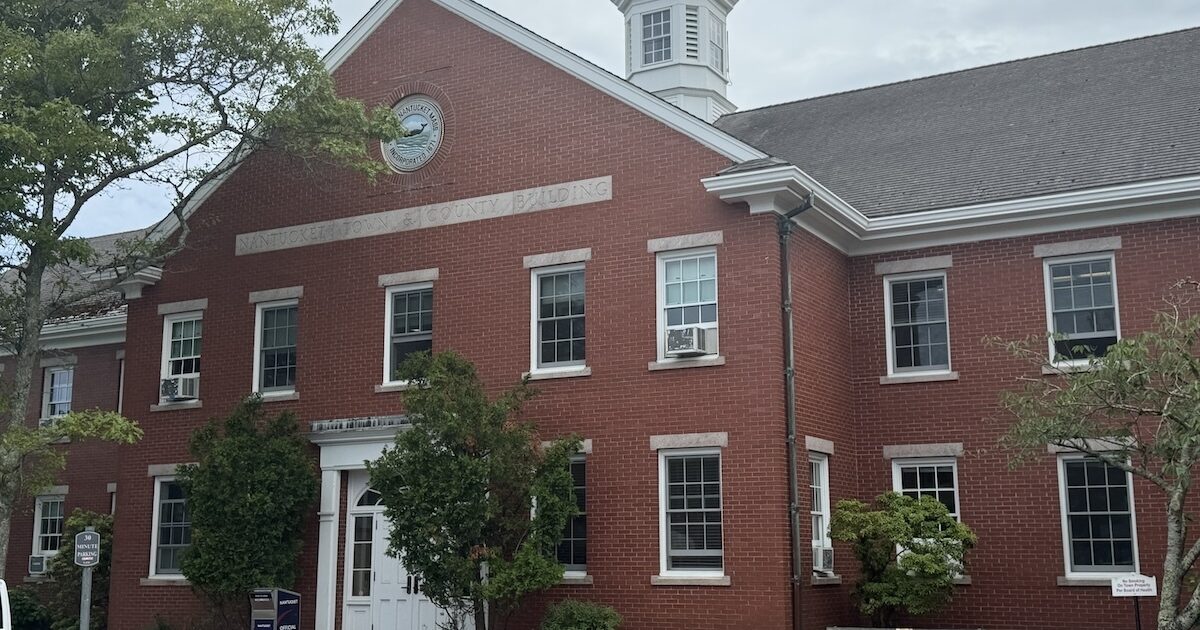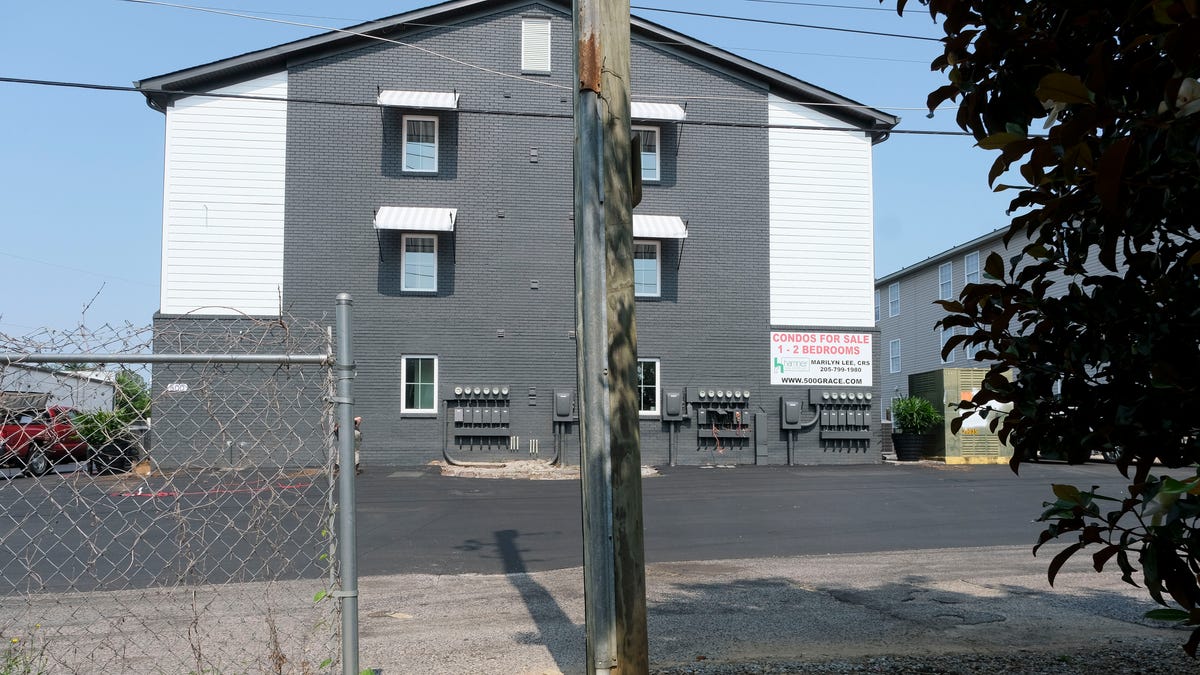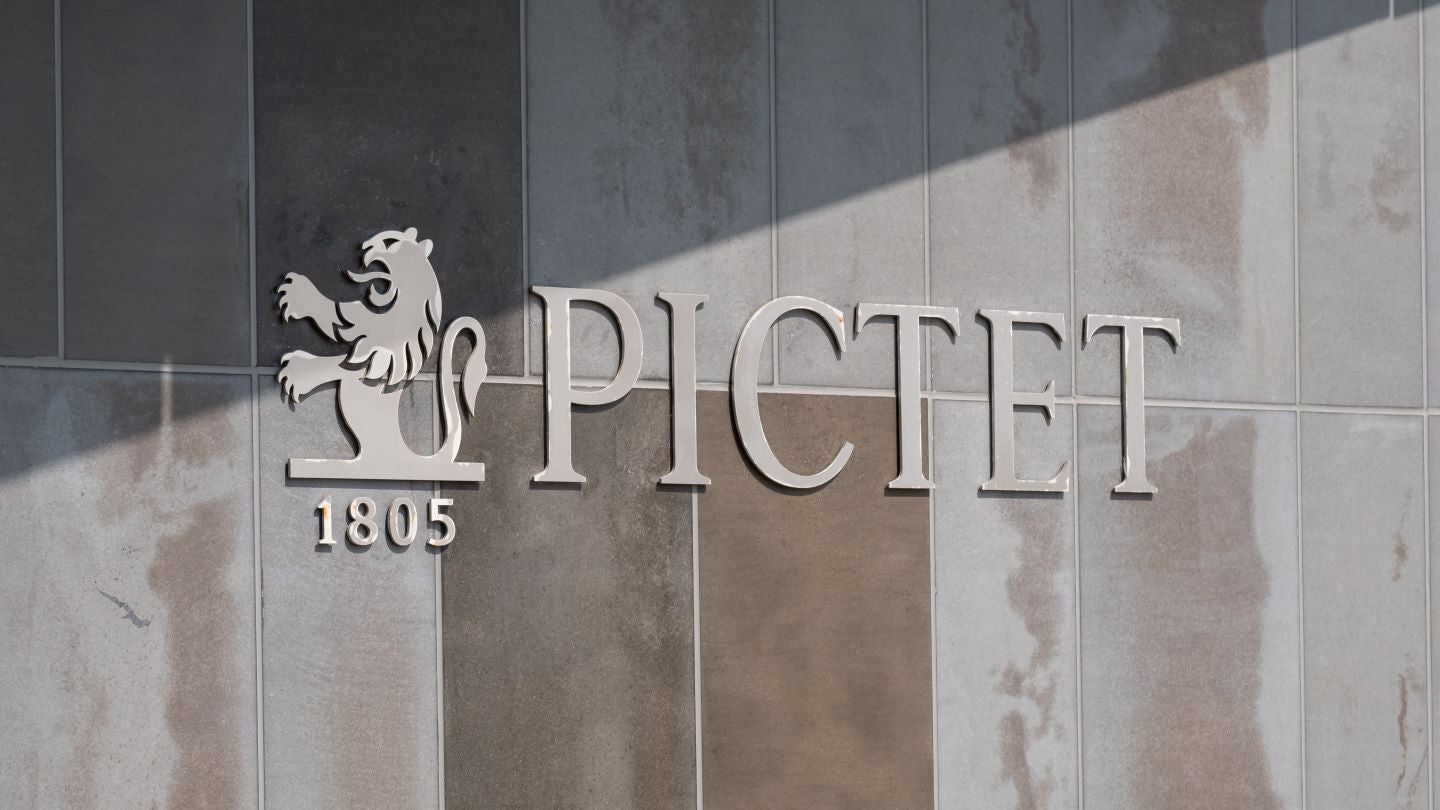
Late last month, private attorneys with the Massachusetts Bar Advocate Program went on strike, seekinga raise from their current rates of $65(district court) and $85 (superior court) per hour ahead of the state’s deadline to pass its budget on July 1st. The impact has been felt across Massachusetts, and Nantucket is on the cusp of potentially being impacted as well, with the possibility of individuals who arecharged with criminal offenses but unable to afford an attorneybeing held in prison or having their cases dismissed due to a lack of court-appointed counsel.
“I think Nantucket is the only court that I know of where everybody is on strike,” Glenn Herlihy, a public defender for 33 years, told the Current. “There’s no one over there. One of these days, you’ll have something happen over there. It’s not a busy place but, you know, I’ve done rape cases over there. There is still bad stuff that happens over there.”
All four of the Nantucket District Court’s public defenders, including Herlihy, have stopped accepting new criminal cases as part of the strike. These attorneys, who handle a majority of criminal cases on the island, will continue to represent the clients they were already appointed to before the strike.
“I’ve been doing this so long. I really have a strong sense that my colleagues are not in this for the money,” Herlihy said. “They actually happen to like trial work, which is not for everybody. Ninety percent of the lawyers never go to court and try a case. We happen to like trial work, but it’s a very stressful job. I mean, we’ve got people’s lives in our hands. Even murder cases -it’s a big deal. Even cases that I handle in the Superior Court… people can get sent away for decades. It’s a stressful job, and just to get slighted year after year and having to fight like this, I mean, it’s unbelievable. Everyone wishes they were 100 percent back to work. No one is doing it for the money, they just need to take care of their families and every once in a while, and I would suggest a yearly cost of living raise like most people get, would be appropriate, rather than this blows up after 20 years and it has to be another dog fight. It’s crazy.”
These lawyers are assigned through the Committee for Public Counsel Services (CPCS), which oversees the state public defender system for indigent criminal defendants. There are two divisions within the CPCS: the Public Counsel Division and the Private Counsel Division.
The private counsel division delivers legal services to roughly 80 percent of indigent (unable to afford an attorney)adult clients in Massachusetts through assigned private attorneys in criminal defense cases. These lawyers, who are the ones on strike, are also part of a separate private practice but agree to take on criminal cases for defendants who lack the financial resources for their own counsel. These attorneys are paid an hourly rate by the state in order to do so, while the defendant is charged a small fee by the court, ranging between $150-$450.
Attorneys who are part of the Public Counsel Division are government employees making a salary and receiving state benefits such as healthcare and a pension. Their sole law work is through the CPCS and on behalf of the state as public defenders.
Don Hart, the clerk magistrate for Nantucket District Court, told the Currentthat a pay raise “is long overdue” for these attorneys and confirmed that there are currently no lawyers available on-island to pick up any of these cases in which defendants qualify for a court-appointed attorney. He said those cases are now being pushed out 30 to 40 days following an individual’s arraignment with the hope that by the time the first pretrial hearing for these defendants arrives, there will have been an agreed-upon pay raise and the situation will have resolved itself.
Hart added that public defenders are generally in their line of work for the stable, established income they receive and the enjoyment of trial work. He said their income is considerably less than what they would make if they were charging these defendants the standard rate through their own private practice.
Rob Moriarty, who is the supervising attorney for the Bar Advocate program that serves Dukes and Nantucket Counties, believes it is time for the state to raise the rates.
“Historically, they have been underpaid, and historically the only way to get their pay increased is when they have stopped working,” Moriarty said.
Bar advocates handle approximately 80 percent of public defender cases across the state. The hourly rate for Massachusetts attorneys pales in comparison to other states in the northeast, including Rhode Island ($112 per hour), New Hampshire ($125 per hour), Maine ($150 per hour), and New York ($158 per hour).
Bar advocates are independent contractors, meaning they do not receive any benefits such as sick leave, a pension, vacation time, support staff, or office space, all while paying a self-employment tax.
The overhead expenses, on top of law schoolloans, are hefty. Bar advocates pay their own overhead expenses, which range from office space, phone, accounting software, website, case management software, computers/printers/scanners/paper, legal research software, malpractice insurance, and health insurance.
In a flyer released by attorneys who are part of the strike, they estimated that the pay before self-employment and income taxes is $42,000 per year after factoring in the expenses above, four weeks leave for vacation, holidays, and sickness, and billing 30 hours per week.
The court is required to appoint an attorney to anyone who cannot afford their own counsel in order to satisfy each defendant’s Sixth Amendment right. If prosecutors request that someone be held on dangerousness or a bail hearing, defendants who cannot afford their own attorney would be at risk of going to jail as a result of not having counsel.
But if the state is unable to come to an agreement with these public defenders, they could also run the risk of people who arecharged with criminal offenses having their cases dismissed by a judge due to a lack of legal counsel.
Back in 2004 when the attorneys part of the Bar Advocate Program last went on strike, a ruling was made in a case known as Lavallee v. Justices in Hampden Superior Court that led to the decision by the court that a defendant entitled to a court-appointed attorney should not be required to wait longer than 45 days for an attorney to file an appearance. If an attorney isn’t assigned within that 45-day timeframe, the court ruled that the case against the defendant should be dismissed without prejudice.
The case also concluded that a defendant held in lieu of bail or under an order of preventive detention could not be held more than seven days without counsel before the case was to be dismissed without prejudice. This, again, pertains only to defendants who qualify for court-appointed counsel due to their financial situation. The federal poverty guidelines that dictate who qualifies for court-appointed counsel can be viewed here.
State representative Thomas Moakley – who has previously served as an assistant district attorney for the Cape & Islands District Attorney’s office – told the Current that he has spoken to some attorneys in the region about the situation.
“It has already reached a crisis level around the state, as every defendant has the right to counsel,” Moakley said. “I know from my own experiences that bar advocates and CPCS do incredible work for our communities, and I hope they can reach a resolution soon. On the islands, which don’t have local CPCS offices (government employee public defenders), the bar advocates do the lion’s share of public defense work.”
The 2004 public defense strike, which also primarily involved bar advocates (private attorneys representing indigent clients), ended after the attorneys received a raise from $30 per hour to $50 per hour. The aftermath of the strike was messy, with a significant backlog in the legal system developing, as well as criminal defendants being held without any legal representation because they couldn’t afford counsel. In some cases, defendants charged with crimes were released and had the cases dismissed because they weren’t assigned a lawyer within the reasonable timeframe outlined above in the Lavallee case – which led to heavy public pressure on the state to resolve the issue.
Since 2004, the hourly wage has increased by just $15 despite the estimated cost of living in Massachusetts being among the highest of any state in the country.
“I mean it was $50 per hour in 2004, and here we are in 2025, it’s $65 per hour, so you can just see it’s something like 71 cents an hour (in terms of an annual raise) or something over the last 20 years,” Herlihy said. “It’s always been very, very difficult. They don’t want to pay it. A lot of people would prefer we didn’t exist, but we do, and crime exists. So, we have to deal with it.”
Herlihy said the only submittal from the CPCS has been a bill that would increase the Superior Court wage by $5 per hour. Public defenders in Superior Court currently get paid $85 per hour. If they pick up a murder case, their pay increases to $100 per hour.
“We handle juvenile cases, commitments of alcoholics, substance abuse. I mean, all the problems of society basically are handled by public defenders,” Herlihy said. “We’re not the most popular constituency at all. We’re a necessary evil, right? That’s the way some people look at it. We’re necessary. People would love it if there was no crime, and therefore we wouldn’t be needed, but there is.”
The Current has reached out to Governor Maura Healey’s office seeking an update on their efforts to resolve the strike, but has not received a reply.



